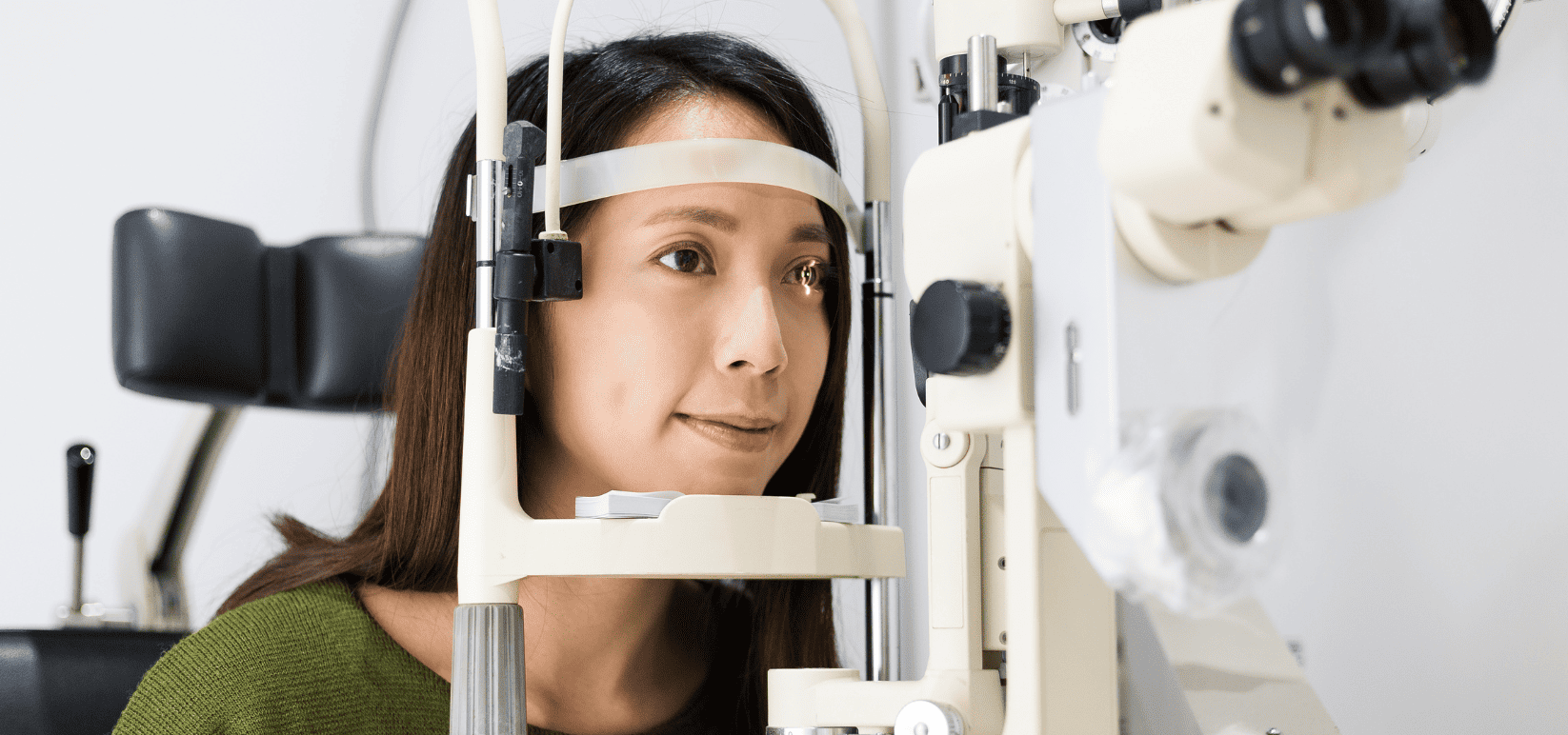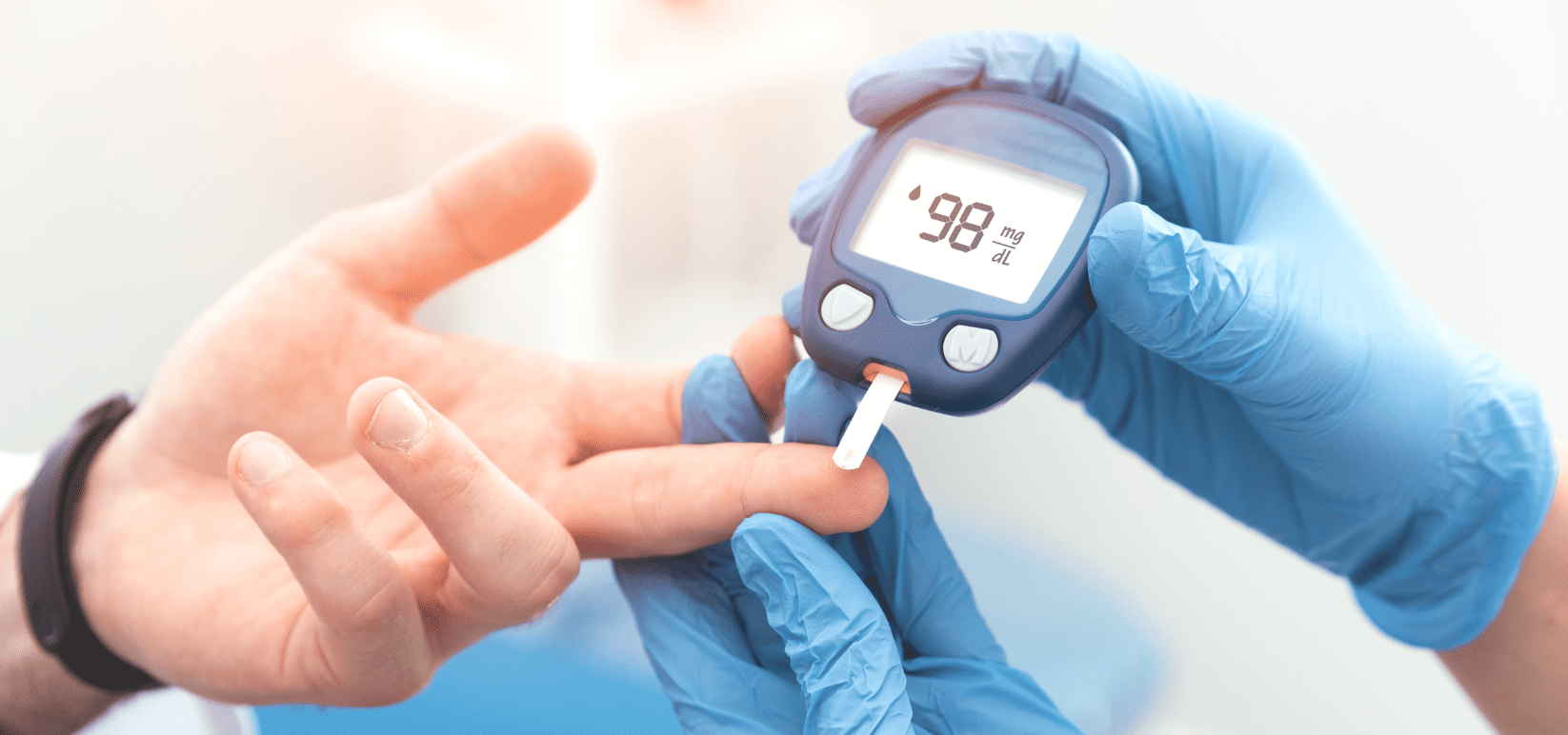- Diabetes and the Eyes: A Complex Relationship
- Types of Diabetic Eye Conditions
- Prevention and Management
- Managing Diabetes of the Eyes
Diabetes, a chronic metabolic disorder affecting millions of individuals worldwide, can have far-reaching consequences on various aspects of health. While most people know its impact on blood sugar levels and organ systems such as the heart and kidneys, the connection between diabetes and eye health is often overlooked. The Bayhead Eye Centre aims to shed light on this crucial topic, exploring how diabetes can affect the eyes and emphasizing the importance of regular eye examinations for individuals with this condition.

Diabetes and the Eyes: A Complex Relationship
Diabetes and its long-term effects on the body can significantly impact the eyes. One of the primary concerns is diabetic retinopathy, which occurs when high blood sugar levels damage the blood vessels in the retina—a vital structure responsible for vision. Over time, these damaged blood vessels can leak or bleed, leading to vision problems and potential blindness if left untreated.
Types of Diabetic Eye Conditions
Diabetic Retinopathy: As mentioned earlier, diabetic retinopathy is the most common eye condition associated with diabetes. It can be classified into two types: non-proliferative and proliferative. Weakened blood vessels, microaneurysms, and small retinal hemorrhages characterize non-proliferative diabetic retinopathy (NPDR). Proliferative diabetic retinopathy (PDR) is a more advanced stage where new, abnormal blood vessels grow on the retina, which can cause severe complications.
Diabetic Macular Edema (DME): DME is a condition that can develop as a complication of diabetic retinopathy. It occurs when fluid leaks into the macula, the central part of the retina responsible for sharp vision. Swelling in the macula can result in blurry or distorted vision, making it challenging to read, recognize faces, or perform everyday tasks that require clear eyesight.
Glaucoma: Diabetes increases the risk of developing glaucoma, a group of eye diseases that damage the optic nerve. Individuals with diabetes have elevated intraocular pressure, leading to optic nerve damage and potential vision loss. Regular eye exams are crucial to detect glaucoma early and prevent irreversible vision impairment.
Cataracts: People with diabetes are also prone to developing cataracts, a condition characterized by clouding the eye’s natural lens. Cataracts can cause blurred vision, sensitivity to light, and difficulty seeing at night. Individuals with diabetes may develop cataracts earlier and progress more rapidly.

Prevention and Management
While diabetes-related eye conditions can be concerning, proactive measures can significantly reduce the risk and manage their effects. Here are some steps to consider:
Regular Eye Examinations: Annual comprehensive eye exams are essential for individuals with diabetes. These exams allow eye care professionals to detect early signs of eye-related complications and intervene promptly to prevent further damage.
Blood Sugar Control: Maintaining stable blood sugar levels is vital in preventing and managing diabetic eye conditions. Consistently monitoring blood glucose levels, following a healthy diet, and adhering to medication and insulin regimens prescribed by healthcare professionals can help minimize the risk.
Blood Pressure and Cholesterol Management: High blood pressure and elevated cholesterol levels can exacerbate diabetic eye conditions. It is crucial to manage these factors through medication, lifestyle modifications, and regular check-ups.
Healthy Lifestyle Choices: Engaging in regular physical activity, avoiding smoking, and maintaining a healthy weight benefit overall health, including eye health. These lifestyle choices can also improve blood sugar control and reduce the risk of diabetic eye complications.

Managing Diabetes of the Eyes
As the prevalence of diabetes continues to rise globally, understanding the potential impact on eye health becomes paramount. At Bayhead Eye Centre, we emphasize the importance of regular eye examinations for individuals with diabetes to detect and manage eye-related complications at their earliest stages.
By staying proactive in managing blood sugar levels, blood pressure, and cholesterol, individuals can significantly reduce their risk of developing diabetic eye conditions. A healthy lifestyle and following healthcare professionals’ guidance are critical to effective diabetes management.
Remember, your eyesight is precious, and early detection is crucial in preventing vision loss. Schedule your annual eye exam at Bayhead Eye Centre today and take control of your eye health.
Call us at (407) 322-2230 or visit our website to request an appointment and learn more about how we can support you in safeguarding your vision.
Take charge of your eye health, manage your diabetes effectively, and preserve the gift of sight for a lifetime.



